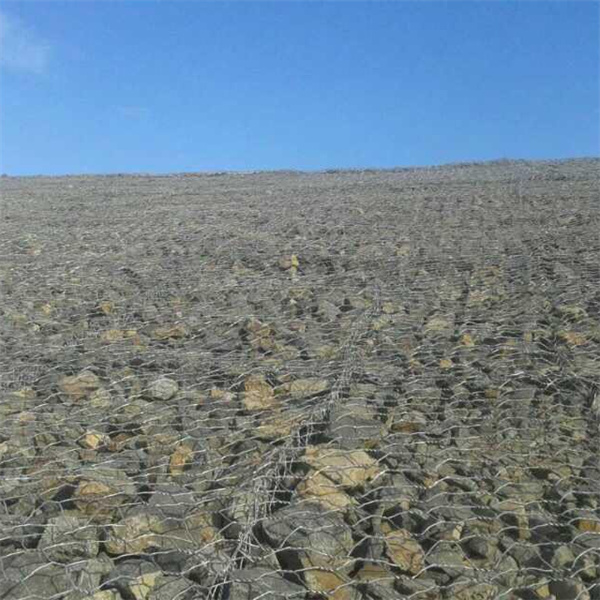Окт . 21, 2024 14:05 Back to list
gabion retaining wall on slope
The Benefits of Gabion Retaining Walls on Slopes
In the realm of civil engineering and landscaping, retaining walls play a crucial role in managing soil erosion and stabilizing slopes. One of the most innovative and environmentally friendly options for constructing retaining walls is the gabion wall. Made of steel wire or mesh filled with rocks, stones, or other materials, gabion retaining walls offer numerous advantages, particularly in sloped terrains.
Structural Stability
One of the primary reasons to choose gabion retaining walls for slopes is their inherent structural stability. The weight of the stones contained within the wire mesh provides a natural resistance against the lateral forces exerted by soil and water. This stability is especially beneficial in areas prone to heavy rainfall or flooding, where water runoff can cause soil erosion. The porous nature of the gabion structure allows water to flow through, reducing hydrostatic pressure behind the wall and minimizing the risk of failure.
Erosion Control
Gabion retaining walls are particularly effective in controlling erosion on slopes. By using natural materials like stones and rocks, these walls blend harmoniously with the surrounding environment. Their design permits vegetation to grow in and around the structure, further stabilizing the soil. Over time, plant roots help bind the soil, creating a sustainable ecosystem that mitigates erosion risks. This natural approach not only enhances the aesthetic appeal but also promotes biodiversity in disturbed areas.
Cost-Effectiveness
gabion retaining wall on slope

When it comes to construction costs, gabion walls often present a more economical solution compared to traditional concrete or masonry walls. The materials used in gabion construction, such as rocks or recycled stones, are readily available and can be sourced locally. Additionally, the construction process for gabion walls tends to be less labor-intensive. They can often be assembled quickly on-site, reducing labor hours and associated costs. This cost-effectiveness makes them an attractive option for both residential and commercial projects.
Ease of Installation
Gabion walls are relatively simple to install. Unlike traditional masonry walls that require extensive site preparation and skilled labor, gabion walls can be assembled with basic tools and minimal manpower. This ease of installation is particularly beneficial for large projects on slopes, where access may be challenging. Furthermore, gabion structures can be built in various shapes and sizes, making them highly adaptable to different site conditions.
Environmental Benefits
Apart from their structural and economic advantages, gabion retaining walls offer several environmental benefits. They are made from natural materials and have a low carbon footprint compared to conventional construction methods. The open structure of gabions allows for natural drainage and minimizes the disruption of groundwater flow. Additionally, as vegetation establishes around and within the gabion walls, these structures contribute to carbon sequestration efforts and help restore natural habitats.
Conclusion
In conclusion, gabion retaining walls present a sustainable, cost-effective, and aesthetically pleasing solution to managing soil erosion and stabilizing slopes. Their unique characteristics, including structural integrity, ease of installation, and environmental benefits make them an excellent choice for both engineers and landscapers. As we continue to seek eco-friendly solutions in construction and landscaping, gabion walls stand out as a versatile and effective option for slope management.
-
HESCO Gabion Baskets for Coastal Erosion Prevention
NewsAug.22,2025
-
Longevity and Durability of River Rock Gabion Walls
NewsAug.22,2025
-
How to Integrate Gabion 3D Walls in Urban Planning
NewsAug.22,2025
-
Reno Mattress Gabion Applications in Civil Engineering
NewsAug.22,2025
-
How to Install Wire Mesh for Gabion Baskets Properly
NewsAug.22,2025
-
Best Materials for Filling a Chain Link Gabion
NewsAug.22,2025
-
Wire Mesh Thickness Impact on Gabion Wall Load Bearing
NewsAug.12,2025






